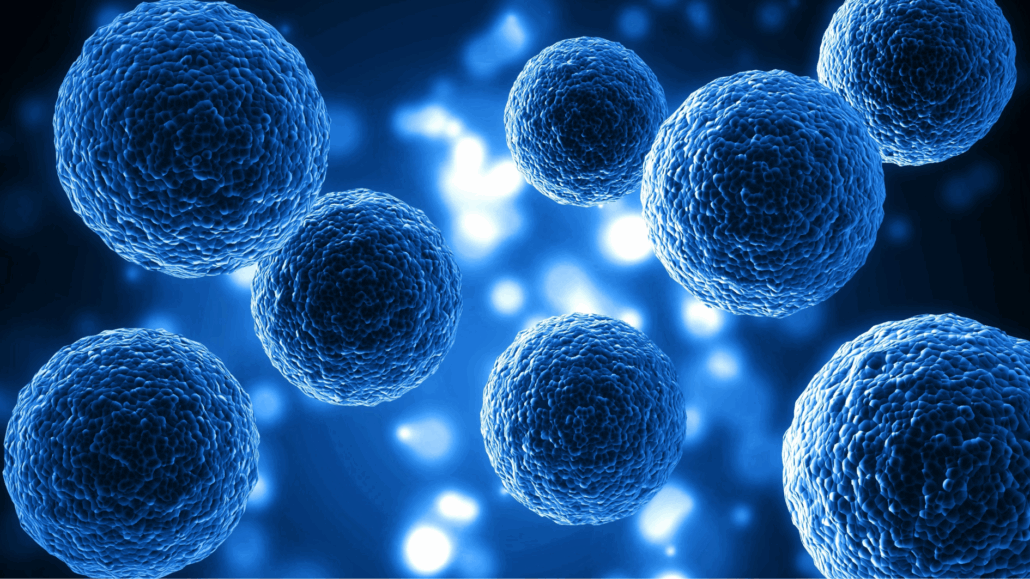We include products in articles we think are useful for our readers. If you buy products or services through links on our website, we may earn a small commission.
Keto and Cancer: A Promising Metabolic Approach

The landscape of cancer research is constantly evolving, with investigators exploring diverse avenues to understand and combat this complex group of diseases. Recent findings have shed light on the potential role of metabolic interventions, particularly the ketogenic diet, in affecting cancer cell growth.
A study highlighted in SciTechDaily delves into the intricate mechanisms by which a ketogenic diet might impact cancer. The core principle revolves around the altered metabolic needs of cancer cells compared to healthy cells. Many cancer cells exhibit a heightened reliance on glucose for energy, a phenomenon known as the Warburg effect.
The ketogenic diet, characterized by its very low carbohydrate, moderate protein, and high fat content, shifts the body’s primary fuel source from glucose to ketones. This metabolic shift could theoretically create an environment less favorable for cancer cell proliferation. By significantly reducing glucose availability, the diet may, in essence, “starve” these glucose-dependent malignant cells.
The referenced research further elucidates the specific pathways involved in this process, suggesting that the ketogenic diet can disrupt key metabolic processes within cancer cells, potentially inhibiting their growth and survival.
It is crucial to emphasize that while these findings are promising and generate considerable interest, the application of the ketogenic diet as a cancer therapy is still an area of active investigation. It is not a standalone treatment and should not be considered a substitute for conventional cancer therapies such as chemotherapy, radiation, or surgery.
However, the exploration of metabolic therapies like the ketogenic diet offers an exciting complementary approach. It underscores the intricate interplay between nutrition and disease, opening new possibilities for supporting cancer treatment and potentially improving patient outcomes in the future.
Further rigorous research, including well-designed clinical trials, is necessary to fully understand the efficacy and optimal implementation of ketogenic diets in the context of various cancers. Patients undergoing cancer treatment should always consult with their oncologists and registered dietitians before making significant dietary changes.
The ongoing investigation into the metabolic vulnerabilities of cancer cells represents a significant step forward in our understanding and management of this disease. The ketogenic diet, as one such metabolic intervention, warrants continued scientific scrutiny for its potential to contribute to the fight against cancer.













